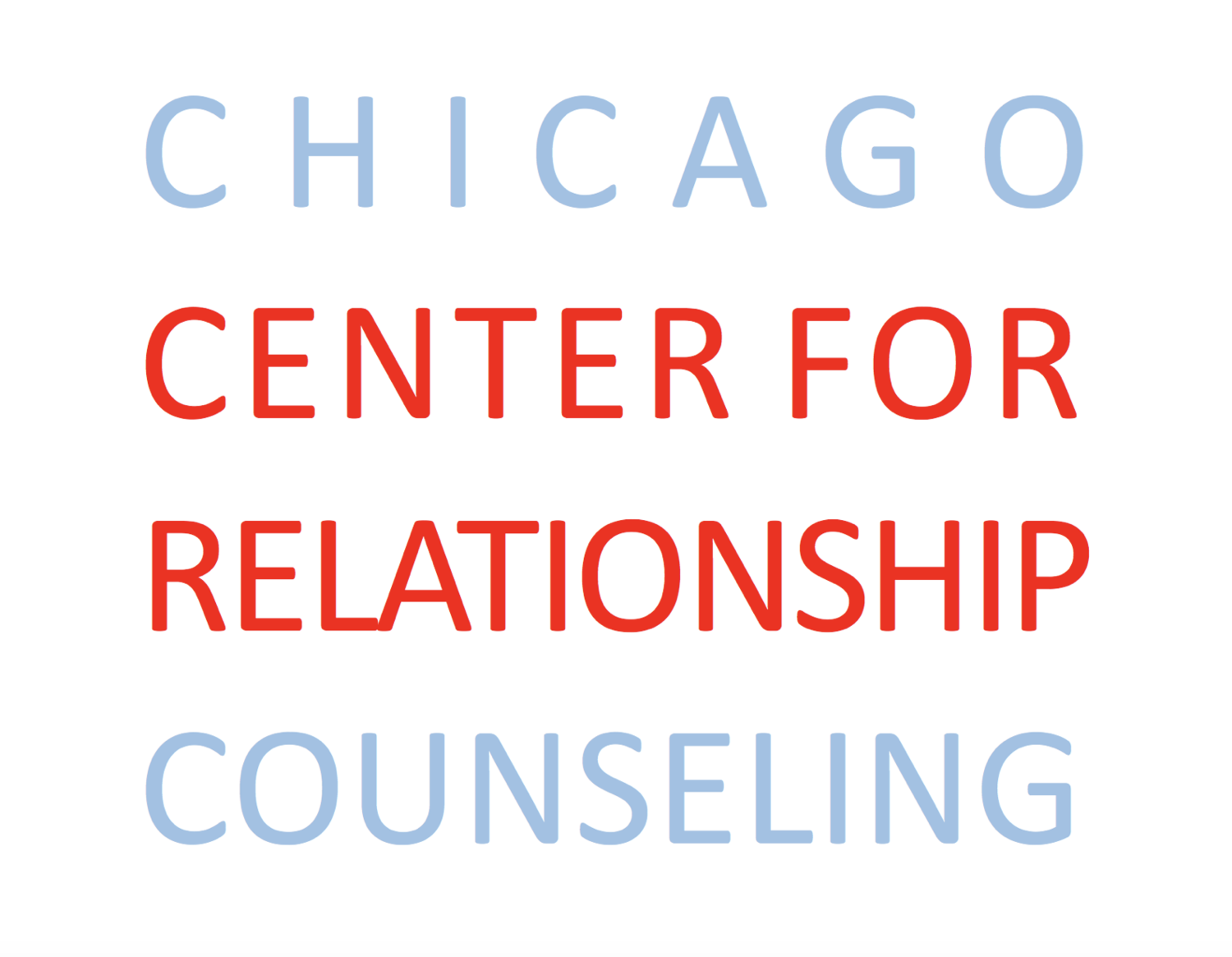How to Know If You're Too Dependent on Your Partner...And What to Do About It
Relational Dependency; How Much is Too Much?
The picture of a ‘healthy’ ideal relationship has changed significantly over time. As women gained more rights and freedoms, the typical submissive homemaker wife and dominant provider husband no longer fit (if they ever did). Much more often now, couples are opting for an equitable partnership and with that comes a new, relatively unexplored dynamic. Independence within relationships is highly prized, and the perceived codependency of past relationship dynamics get labeled unhealthy and old fashioned. The phrase “I don’t need you but I want you” has become a rallying cry for healthy independent relationships.
But why is it unhealthy to need your partner? Can there be healthy dependence within relationships? Are we really confined to one of the following extremes?
You’re independent and fulfilled on your own and definitely not dependent on anyone else for your own happiness (including your partner). Your well-being is fully your responsibility. You must have boundaries to make sure you don’t depend too much on your partner as that would show a flaw in you, in your ability to self-regulate.
You’re codependent and you and your partner depend on each other solely to be happy or fulfilled. You can’t be alone, you can only be soothed by your partner. Your ability to self-regulate is nonexistent as are your boundaries.
Many current models of therapy argue that dependency is normal and can be a healthy asset to individuals in a relationship. Attached (Levine & Heller, 2011) cites studies showing that when we attach to someone we become a physiological unit and our partner has an affect on our blood pressure, heart rate, levels of hormones and our breathing. Dependency does exist, and forms unconsciously when we enter into an intimate relationship. “Partners co-regulate each other emotionally and physiologically, for better or worse” (Fishbane, 2013, p. 37). In fact loneliness has been found to be detrimental to our health and evolutionarily acts as a signal to seek out attachments. We are wired to connect, and when we are disconnected we feel that pain on a deep level including in our bodies (Fishbane, 2013). Accelerated Experiential Dynamic Psychotherapy heavily values connection as a healing factor. Undoing unwanted aloneness in the face of overwhelming emotion is a consistent therapeutic goal. Core emotions are developed in the space between the self and the other. AEDP posits that sharing affect with another person and seeing it mirrored will deepen resonance and help to make healing associations. Sharing our intense emotions with another creates a holding space that helps us not feel overwhelmed or alone (Fosha, 2000). It helps us regulate and feel more connected to others and to our own internal emotional experiences.
So how does all of this affect how we exist in relationships?
“Attachment principles teach us that most people are only as needy as their unmet needs. When their emotional needs are met, and the earlier the better, they usually turn their attention outward. This is sometimes referred to in attachment literature as the “dependency paradox”: The more effectively dependent people are on one another, the more independent and daring they become.” (Levine & Heller, 2011, p. 21). The keyword here is effective dependency, so what does that look like? We are dependent on and do co-regulate with our partners and have no conscious choice in that process. So where does our power lie in making relationships as healthy as possible?
We have to find a balance between self-regulation and looking for regulation from our partner. We need our partners to be attuned to us and support us, and we also need to be able to tolerate it when our partner isn’t capable of doing that for whatever reason. You have to fill in the occasional gaps that your partner leaves. That is your power, as the co-regulation is the relationships power. Easier said than done, right? There’s a discovery process individually. What are my specific triggers? How and when do I need soothing? How and when can I soothe myself and how and when can I get that support from my partner? People are complex and ever-changing and thus so are their relationships. Self and relational awareness are important skills in finding the right balance for yourself and your partner. The fact that you’ll be dependent on your partner in some way is a given, but your relationship to that fact and how you respond it is not. Therein lies our power.
References:
Fishbane, M. D. (2013). Loving with the brain in mind: Neurobiology and couple therapy. New York: W.W. Norton & Company.
Fosha, D. (2000). The transforming power of affect: A model for accelerated change. New York, NY: BasicBooks.
Levine, A., & Heller, R. (2011). Attached: The new science of adult attachment and how it can help you find--and keep--love. New York: TarcherPerigee.



